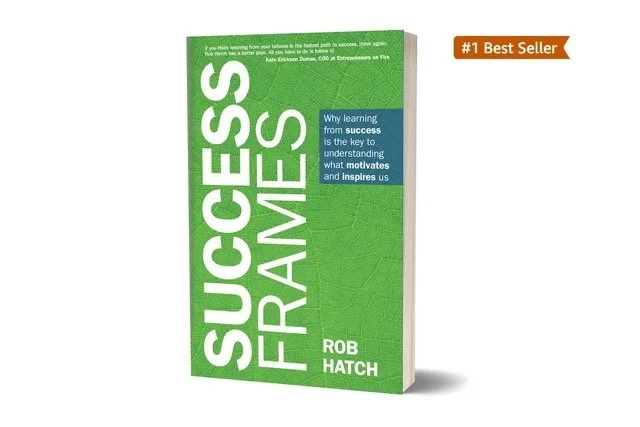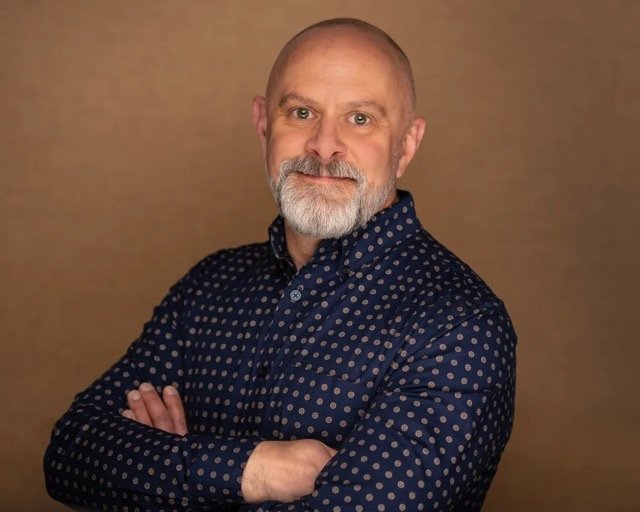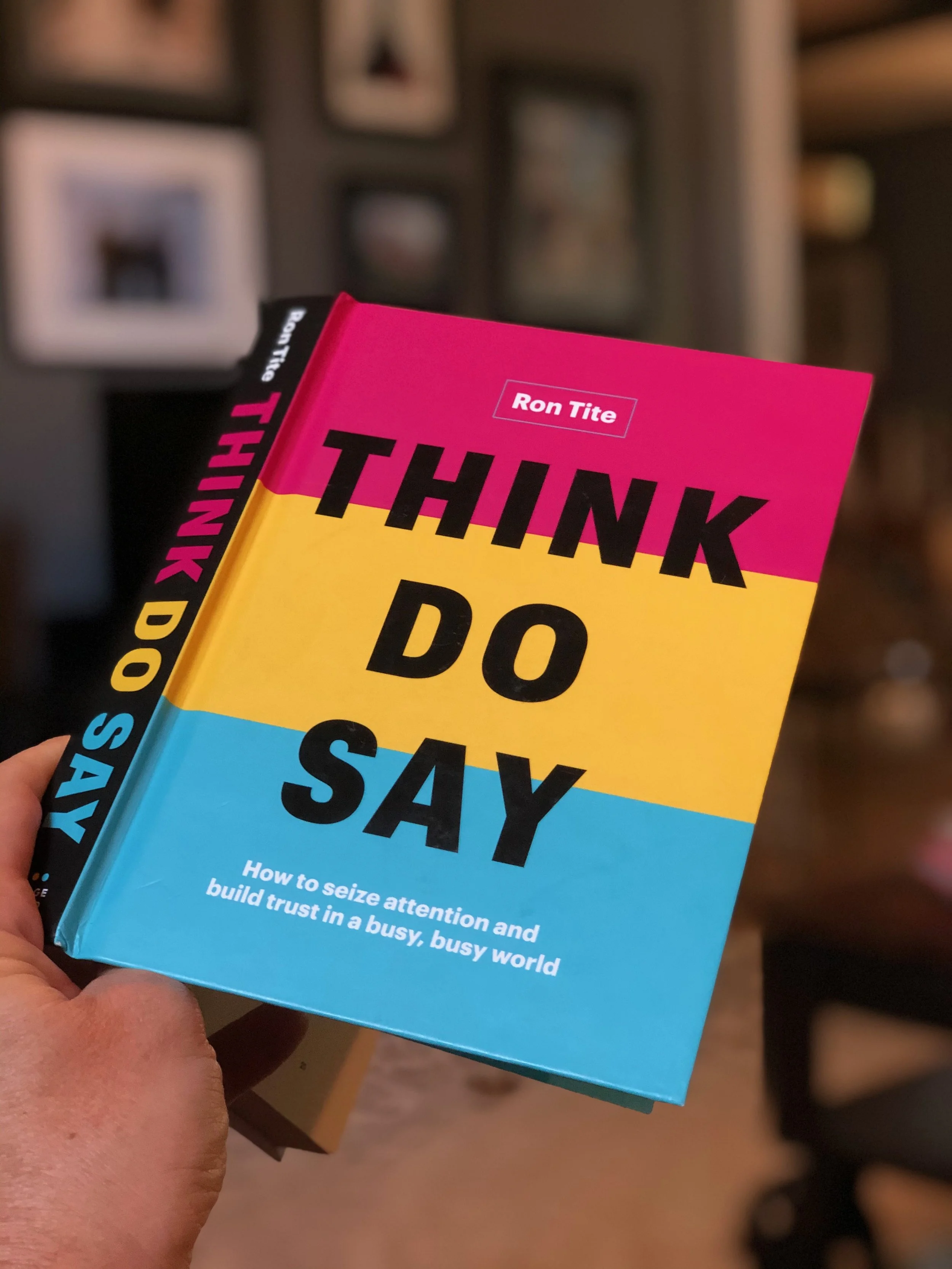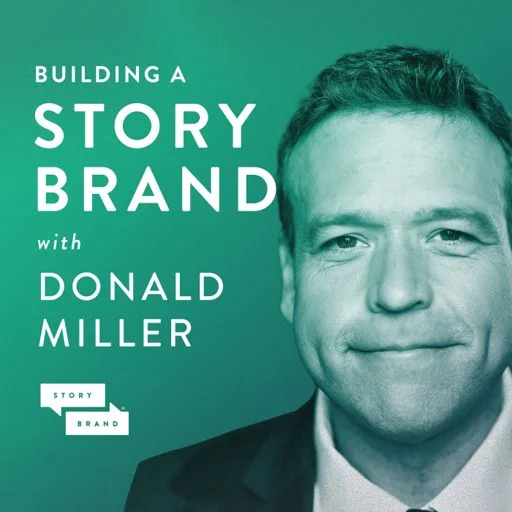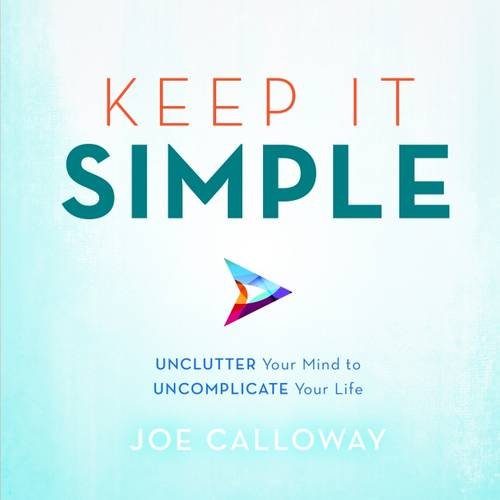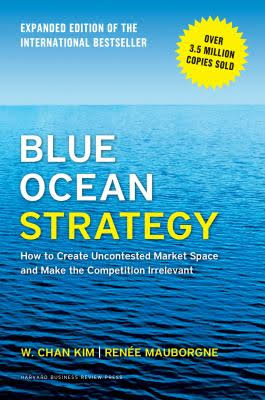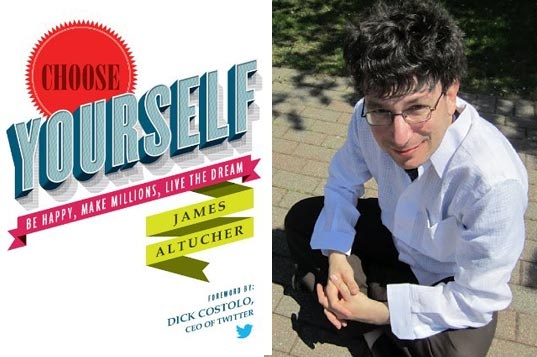Listeners to my podcast, ADHD Wise Squirrels, will already be familiar with the executive coach and author, Rob Hatch.
I loved his latest book, Success Frames: Why learning from success is the key to understanding what motivates and inspires us.
In "Success Frames," Hatch delves into the intricacies of building a framework for success by learning from both achievements and failures. The book highlights the importance of reflecting on one's experiences, emphasizing that true learning stems from analyzing both triumphs and mistakes.
Learning from Experience
Hatch underscores the value of reflection in the learning process, citing John Dewey's assertion that "adults don’t learn from doing. They learn by reflecting on what they have done." This reflection is crucial in understanding why things go right and how to replicate those successes. Hatch shares that while failures can illuminate gaps in knowledge or execution, they must be balanced with an understanding of what successful efforts look like.
Defining Success
Success is a subjective term, and Hatch emphasizes the importance of personalizing its definition. His research identified education, relationships, and character as the top three components of their success. Hatch encourages readers to define what success means to them, incorporating elements like financial freedom and personal growth into their definitions.
Building a Success Framework
A significant part of Hatch's approach involves creating frameworks based on successful experiences. These frameworks, which he calls "Success Frames," help individuals and organizations replicate positive outcomes. The beauty of these frameworks lies in their flexibility—they allow for customization based on the specific needs and goals of the people using them.
Hatch introduces various strategies to build these frameworks:
ActionStacks: These are step-by-step checklists that guide the completion of recurring tasks. By pre-defining the steps, ActionStacks help automate processes and reduce decision fatigue.
OODA Loop: This decision-making model involves observing, orienting, deciding, and acting. It’s a cyclical process that encourages continuous improvement and adaptation.
Leveraging Strengths
Hatch advocates for a strengths-based approach, echoing findings from Gallup that focusing on strengths significantly boosts engagement and performance. By leveraging what people do well, individuals and teams can achieve higher levels of success and satisfaction.
Practical Application
Throughout "Success Frames," Hatch provides practical advice on implementing these principles. He discusses the importance of planning ahead, reducing reliance on willpower, and creating environments conducive to success. For instance, Hatch recommends scheduling specific "success blocks" of time dedicated to critical projects, free from interruptions.
Learning from Others
Hatch also highlights the value of learning from others' successes. By identifying and connecting with individuals who have achieved what one aspires to, people can gain valuable insights and guidance. This network of successful individuals can provide support, advice, and inspiration.
Emotional and Mental Well-being
Understanding and managing emotions is another critical aspect of Hatch's framework. He points out that focusing on what’s going well can help counterbalance the natural tendency to dwell on problems. This positive focus can enhance resilience and motivation, making it easier to overcome challenges. Hatch shares his own experiences with his late diagnosis of ADHD and how considering his coping mechanisms can be impactful.
You can listen to my full interview with Hatch by clicking the play button below or visiting Wise Squirrels.
Rob Hatch's "Success Frames" offers a comprehensive guide to achieving personal and professional success. By reflecting on experiences, defining success on one's own terms, building adaptable frameworks, leveraging strengths, and learning from others, readers can create robust paths to their goals. The book serves as both a practical manual and an inspirational resource, encouraging individuals to take control of their success journeys and that’s exactly what I plan to do after reading it!

